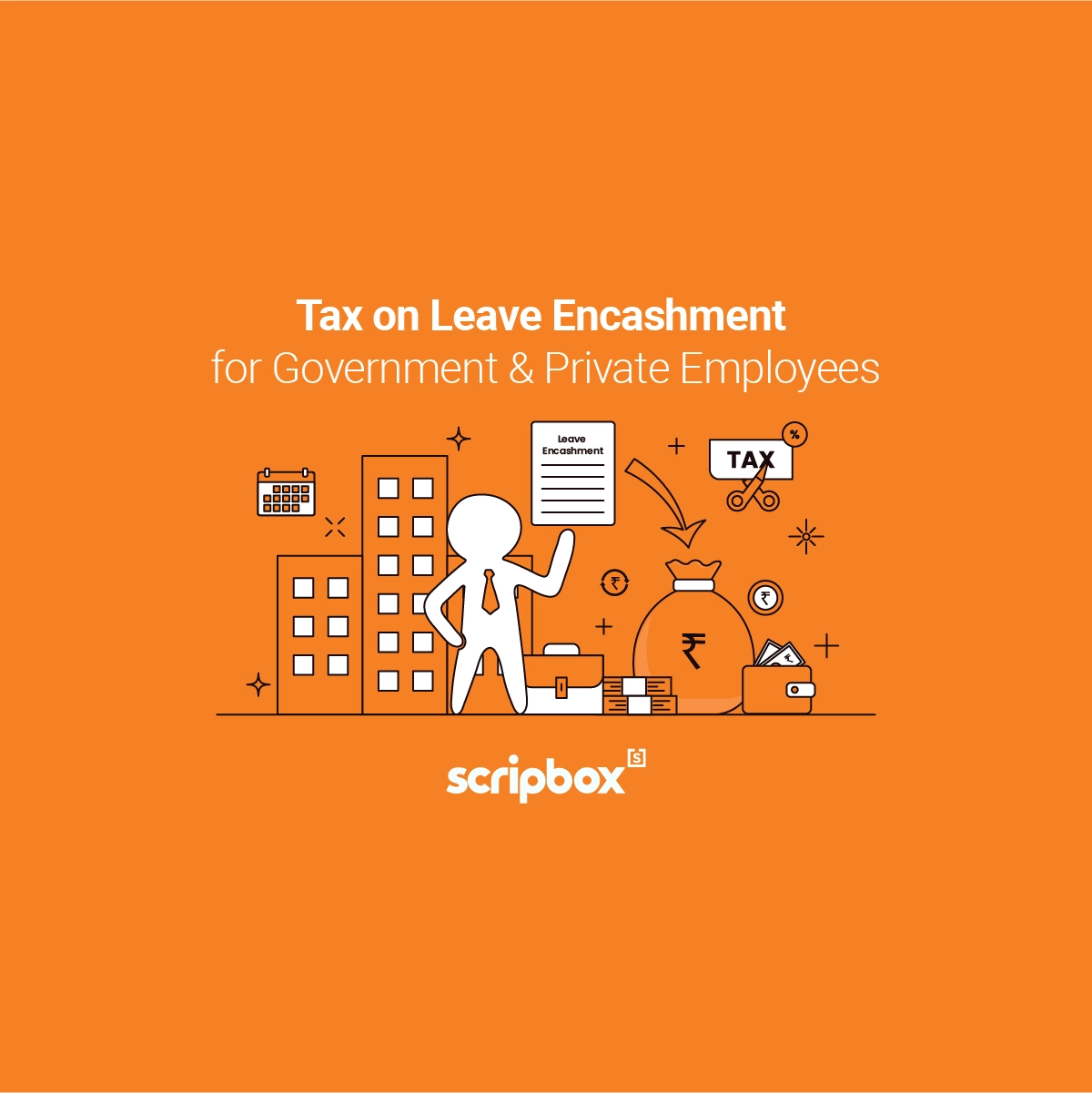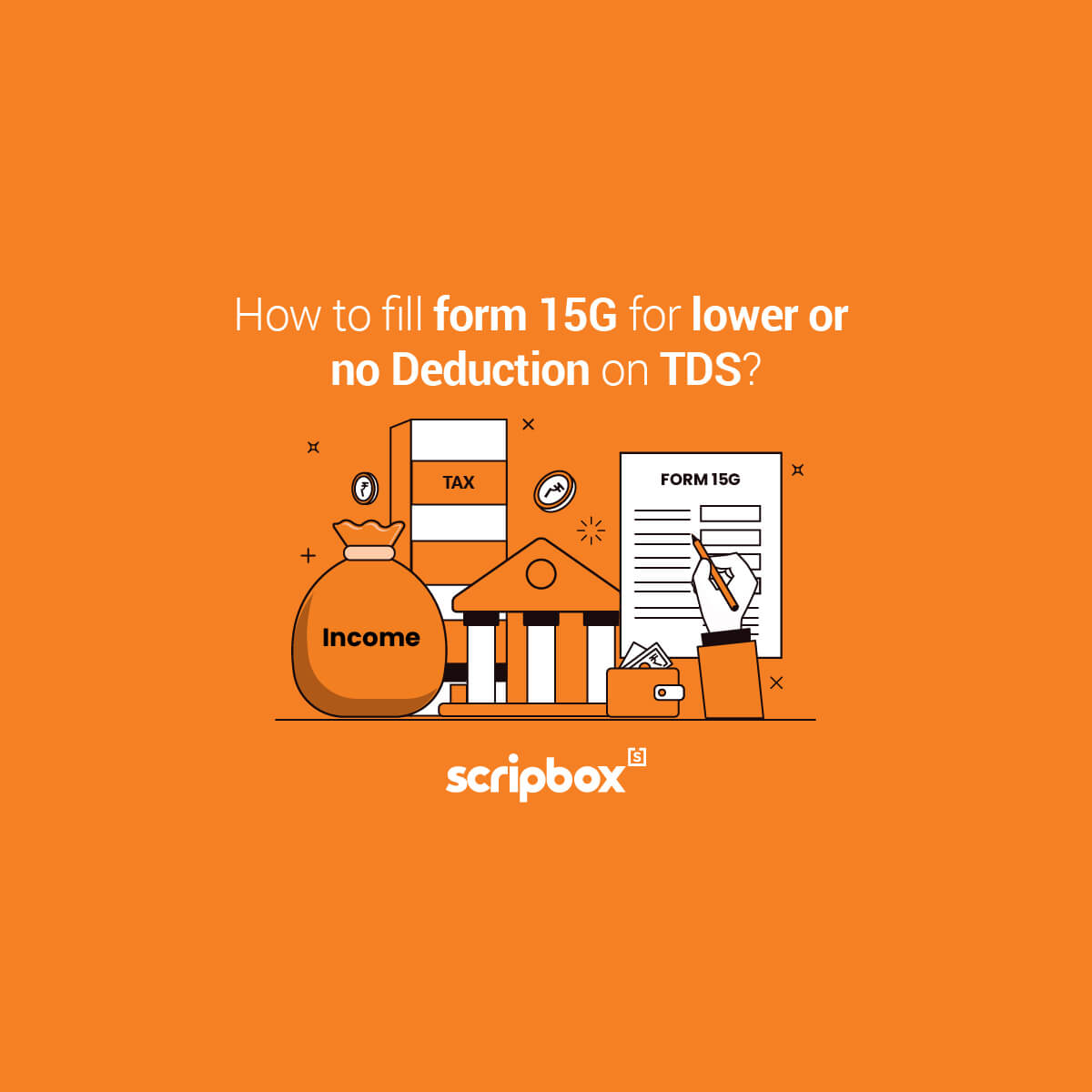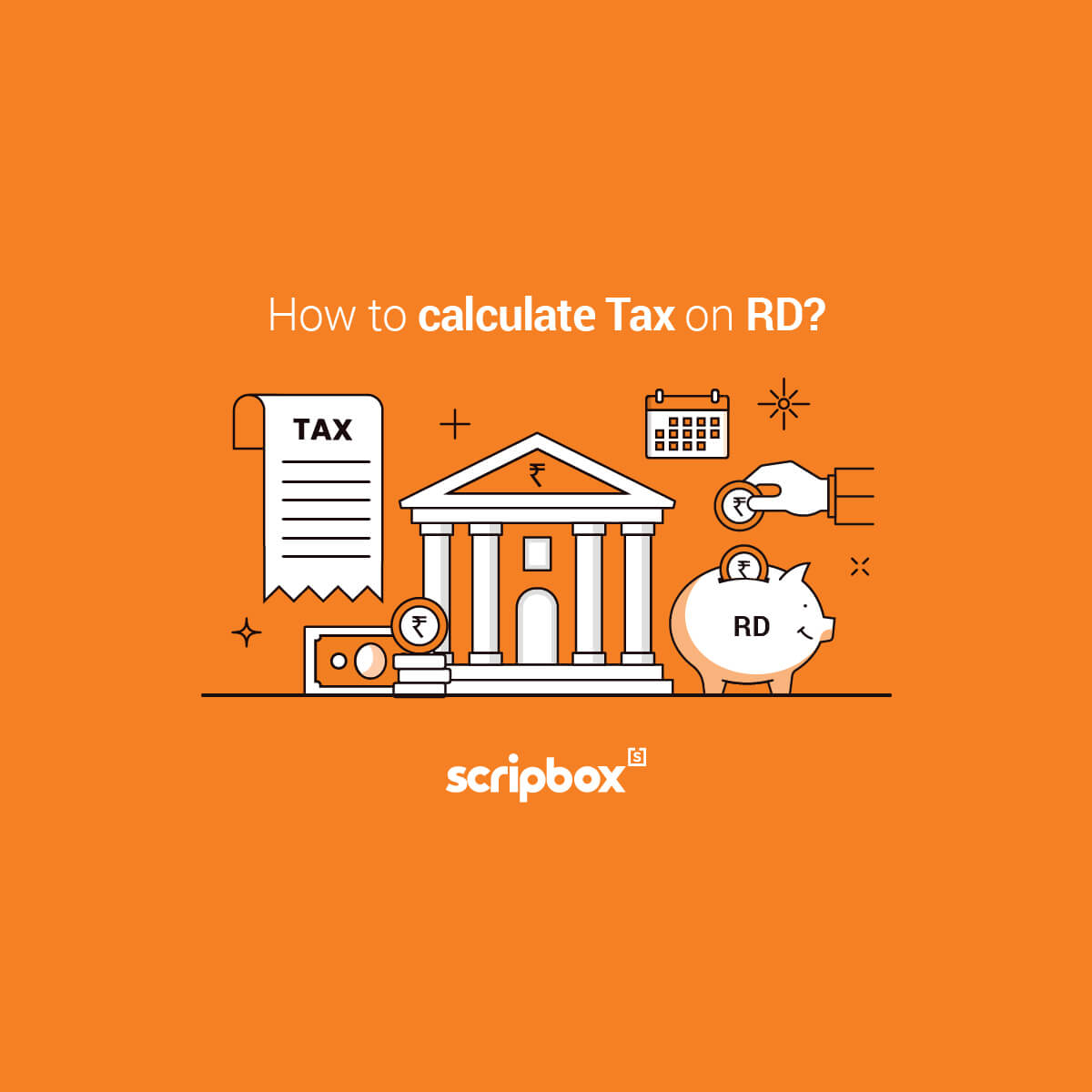Difference between Tax Exemption, Tax Deduction and Tax Rebate
Tax is the biggest worry for most of us. Like me, there are many who do not understand the process and are worried about how to get through this during this time of the year. We either hire an expert or depend on our CA to do the filings for us. However, it is good to know at least some of the basics related to tax. While filing your income tax returns, you will come across various sections under which you need to declare your income, investments, and expenditure. This will determine your tax liability for the year. To determine this, you need to first understand the basic concept of Tax Exemptions, Tax Deductions, and Tax Rebates. You’ll be surprised to know that these three will help you in bringing down your tax outgo.
Tax Exemption
Most taxpayers are entitled to exemptions to reduce their tax liability. In other words, expenditure, income or investments on which no tax is levied to reduce the overall taxable income. Following are a few of many items that qualify for tax exemption:
- House Rent Allowance (HRA)
- Leave Travel Allowance (LTA)
- Any Gratuity/VRS/Pension received in the year of assessment.
- Money received for perquisites, like mobile phones and laptops.
- Company accommodation
- Agricultural Income
- Capital Gains under Section 54, 54CE and 54F
Tax exemptions are to be claimed only from a specific source of income and not from the total income. For example, exemptions under the salary head are not allowed to be claimed from any other head.
Tax Deduction
Tax deductions are allowed to be claimed only if the taxpayer has incurred the specified expenditure or made tax-deductible investments. This is a reduction from gross income as a result of expenses such as medical, tuition, transportation etc. This aims to reduce the amount of income on which tax is being levied. Some of the deductions available for taxpayers are:
- Section80C for specific types of investments like Provident Fund, Public Provident Fund, National Savings Certificate, Equity Linked Savings Scheme etc.
- Section80D for payment of medical insurance premium.
- Section80E for repayment of interest on Education Loan.
- Section80G for donations.
- Section80TTA for interest on Savings Account.
Limits for each deduction differ. Refer to our blog post for an exhaustive list for saving options. Therefore, by making certain investments you’ll be able to decrease the total amount of tax to be paid.
Tax Rebate
A Tax rebate is a refund on taxes when an individual has lower tax liability than the taxes paid. In other words, it is a refund of money received for the taxes paid in the previous year. Under the old tax regime, a rebate is available if the total income is less than Rs 5 lakhs in a financial year. However, Budget 2023 made amendments to the limit for new tax regime. Under the new tax regime, the rebate is available if the taxable income is less than 7 lakhs.
Therefore, tax exemption and tax deductions help in saving money by paying less tax, while tax rebate returns excess money paid for over taxation in the past year. All these are allowed by the income tax department to bring down an individual’s tax liability. Hence, take full advantage of these benefits to increase your savings.

















Show comments